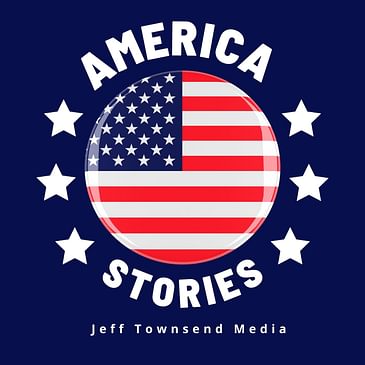The colonies argue over what should be done, pivotal votes decided by overnight travel, and politcal deals. Putting pen to paper and shaping the history of America this was the Declaration of Independence.

The signing of the Declaration of Independence - Part 1
The colonies argue over what should be done, pivotal votes decided by overnight travel, and politcal deals. Putting pen to paper and shaping the history of America this was the Declaration of Independence.